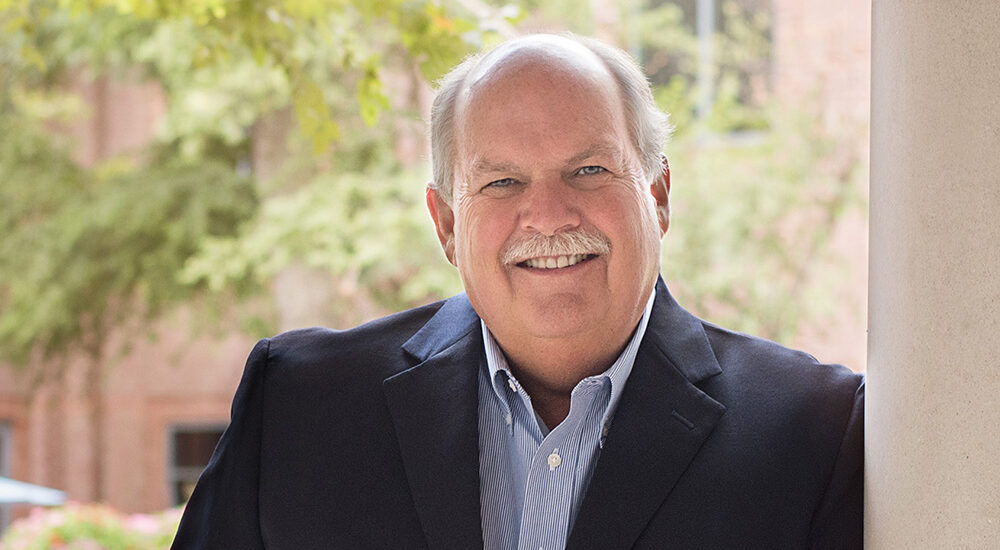In 1976, a 23-year-old David Weekley decided to leave a traditional builder’s path to chart his own course. At that time, he had worked as a management trainee and climbed into roles in construction and project management. When his supervisor tried to substitute a company car for a bonus he’d earned, Weekley left the company. He teamed up with his brother Dick and launched David Weekley Homes in Houston, working first as salesperson, purchasing manager and builder. From those early days, design mattered: he set out to differentiate by paying close attention to home design rather than simply mass production.
The company grew swiftly. At one point, sales in Houston approached 600 homes annually, earning recognition among the fastest-growing companies in the country. When the oil bust struck Houston in the mid-1980s, housing starts crashed — in response he shifted into new markets, and entered into Dallas and Houston.
In the 1990s and 2000s, the footprint broadened. The firm extended into Florida, the Carolinas, Georgia, Colorado, Utah and beyond. It launched new product lines — “Imagination” for first-time buyers, “Central Living” for urban areas and “Encore” for 55+ living. The company also focused on energy efficiency and design innovation, earning honors such as the Triple Crown of American Home Building and building in challenging, creative developments like Celebration, Fla.
Through decades of expansion, one constant remained: his guiding purpose. “Our company purpose is ‘building dreams, enhancing lives,’” he says. Over time, that sense of purpose was embedded deeply in culture, operations and ownership decisions, including the decision to make David Weekley Homes a true family enterprise.
From Business to Family Legacy
For most of its life, Weekley admits, the company wasn’t thought of as a “family business.” “We’re almost 50 years old and I haven’t really thought of it as a family business until the last 10 years or so,” Weekley says. As the business matured, the question shifted from growth to sustainability: would the enterprise continue beyond the founders?
About a decade ago, Weekley convened his family to ask, “Do you all care if this business continues?” Their enthusiastic response prompted him to explore ownership models that protect continuity. “That kind of set me on a path to structure the company in a way that it could continue and hopefully be a private business for the next 50 or 100 years.”
He, his brother and their six children are now tied into a system of trusts and ownership. “My brother and I set up trusts with some stock back 20 years ago. We each have three kids. So, there are currently trusts for kids that are generation skipping. Hopefully, some of the economic value will stay with the family for a long time.”
A Thirds Model: Employees, Charity, Family
Weekley evaluated traditional exits, but they never felt right. “The usual choices are to go public or sell to someone else. And I hated the thought of my now 50 years’ worth of effort going away and disintegrating, because we do a great job for our customers and we do a great job for our team.”
Instead, he built a three-part structure:
- Employee ownership 1/3 of company stock owned by individual managers and 15% in ESOP
- Charitable trust – 1/3 of company stock
- Family ownership/trusts – 1/3 of company stock
“I love the alignment of the fact that when we do well, team members and charity win as well as the family winning.” He has long committed half his earnings to philanthropy, and the charitable component will help fund a variety of charitable interests long after he is gone.
He still holds full control of the business, but not for long. Over time, he aims to transition governance to a Family Stewardship Council composed of three of the six children, with oversight of an independent board.
The Next Generation and Future Vision
Weekley acknowledges founding entrepreneurs often push growth; sustainable family enterprises depend on successors who are willing to innovate. He describes himself as “that classic driving entrepreneur,” with a curious nature and a belief that “good enough never is.” The question for future generations is whether they will embrace growth risks — or settle for holding the reins.
In his case, the next generation is engaged. The family reframed his ethos into a collective rallying cry: “forever improving, a team driven to excellence.” He hopes the Family Stewardship Council will act as guardian of the company’s noble purpose. They don’t see the business as a birthright, but as a responsibility to be earned.
Weekley’s vision is steady: keep the principles of “building dreams and enhancing lives” at the core. The council will control the board, hire or fire directors, and guard the long arc of mission and structure.
Crucially, he emphasizes family ownership doesn’t require family governance clinging. His son is now president; an outside CEO handles operations. In his view, that’s healthy: “You can be great owners without presuming that you have to be the CEO of a $3.5 billion business.”
With roots in Houston design ingenuity and an expansion into national markets, Weekley has layered the company’s growth with governance, ownership and mission structures designed for longevity. His story is less about handing over a title and more about architecting a future where the business and its values endure.
To hear more from Brian, check out his interview on the Family Business/Business Family podcast. Don’t miss an episode! Follow Family Business/Business Family on Apple Podcasts, Spotify, Amazon Music or wherever you listen to podcasts.

